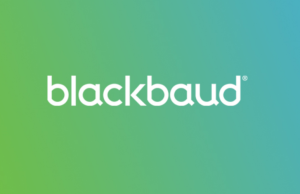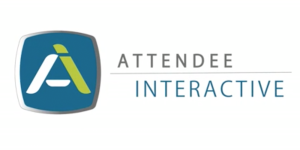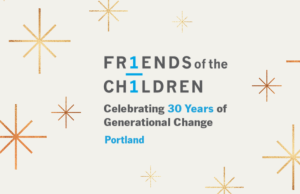Four months after he started TOMS shoes, Blake Mycoskie was at New York’s John F. Kennedy International Airport checking in for his flight home when he learned one of his most valuable lessons.
“I love the shoes you’re wearing,” he told a woman who was wearing TOMS, without identifying himself. It was the first time he’d seen someone, other than friends and family, wearing a pair of TOMS shoes. Before he knew it, the woman grabbed him by the shoulder and proceeded to tell him how wonderful the company is, even telling his life story “word for word with more passion than my mom,” Mycoskie said.
The woman at the airport hadn’t just bought a pair of shoes, he said, she got engaged with the company. “She wasn’t a customer, she was a supporter. That was just one woman who thought she was speaking to a stranger at the airport. If she had that much passion talking to a stranger, how many others had she told?”
The story reinforced a theme of Sunday’s opening day at the 48th Association Fundraising Professionals (AFP) International Conference on Fundraising: The power of story. “That’s the story that has allowed us to sell and give away a million pair of shoes,” said Mycoskie, the founder and “chief shoe giver” of TOMS shoes, who delivered the Maurice G. Gurin Lecture on Philanthropy.
An estimated 4,000 fundraising professionals are converging on the McCormick Place Convention Center in Chicago during the next three days for educational sessions and panels.
TOMS is short for the company’s basic idea: If they sell a pair of shoes today, they will give away pair of shoes tomorrow. “We shortened it to TOMS and people have wanted to meet him ever since,” said Mycoskie. “It’s about a better tomorrow.”
The company started One Day Without Shoes several years ago to raise awareness about what it’s like for people to go without shoes. On April 5, events will be organized around One Day Without Shoes, including a corporate challenge this year, in which the winning firm will have Mysockie spend the whole day at the company. For more information, see www.onedaywithoutshoes.com
The lessons he’s learned from starting TOM shoes have a wide range of applications but the overarching philosophy is that giving feels good. “Giving is really good for business, and there’s nothing wrong with that. If more businesses accepted and applied that, more good would happen,” Mycoskie said. “I realized early on, if you incorporate giving into your business, your customers become your greatest marketers,” he said.
Based on a revolutionary business model to give away a pair of shoes for each pair sold, TOMS shoes was founded in 2006 and gave away its one millionth pair of shoes this past September. He started the company after visiting Argentina, a locale he’d been to while competing with his sister on CBS’ “The Amazing Race” (They finished second, missing out on the $1 million grand prize by four minutes). By the time he got back from his trip, Mycoskie had the idea for TOMS after helping with a local shoe drive in Buenos Aires, the first time he’d ever really gotten involved in any philanthropic effort.
Mycoskie shared several stories that have changed his life since starting TOMS shoes, as well as other valuable lessons he’s learned over those years.
When you incorporate giving into your business, he said, “you attract the most amazing employees,” something he called the silver lining of TOMS. But you can’t just get good people, you have to retain them, and you don’t do that simply by paying them more. Incorporating giving into the business gives them a mission, he said, and allows them to be involved in something larger than themselves.
“Every company can give their employees the opportunity to serve in their local community. It’s amazing what happens in the office environment. They forget about their own stress, problems, they forget about the annoying person in the cubicle next to them,” Mycoskie said.
“When you incorporate giving into what you do and allow others to be part of it, you attract the most amazing partners, that’s what’s key to get any effort off the ground,” Mycoskie said. “The more we can spread that message, the more good that we can create in world; giving is good for business,” he said.












